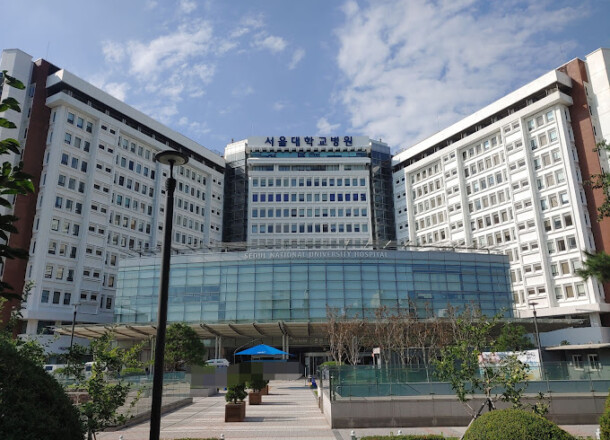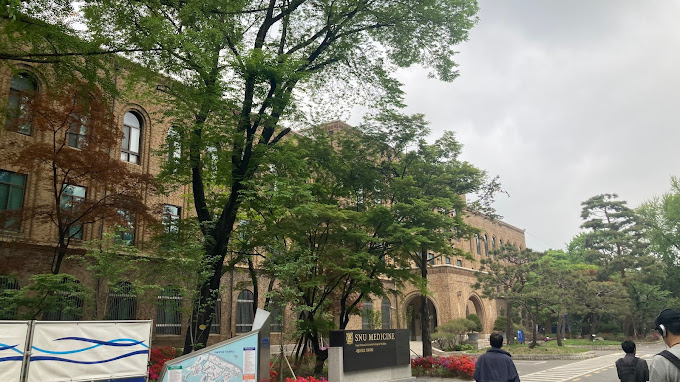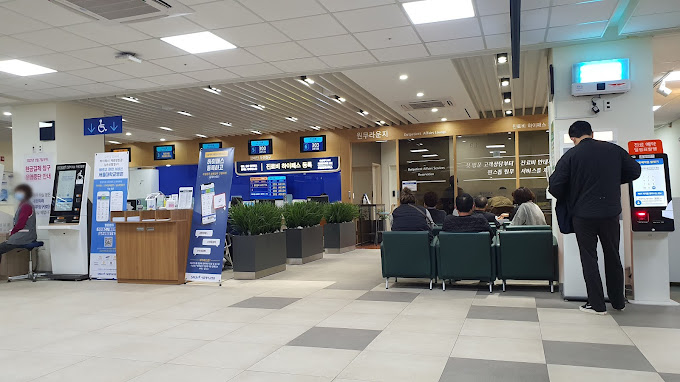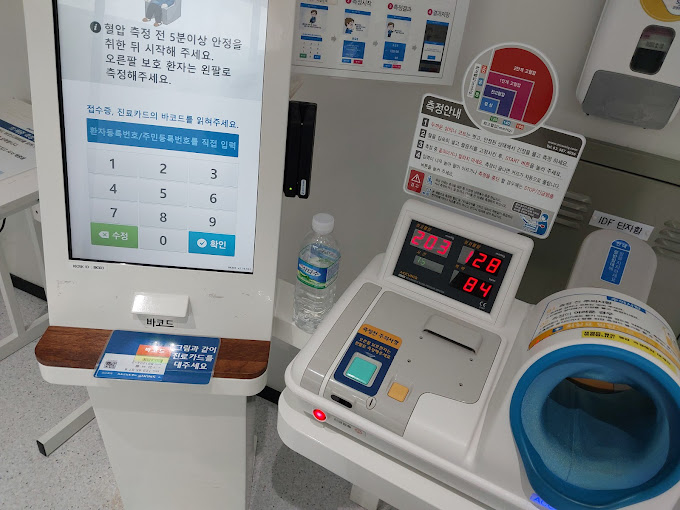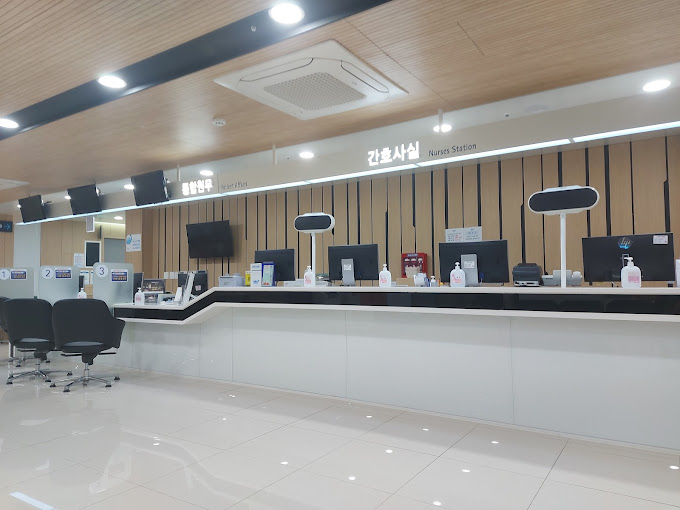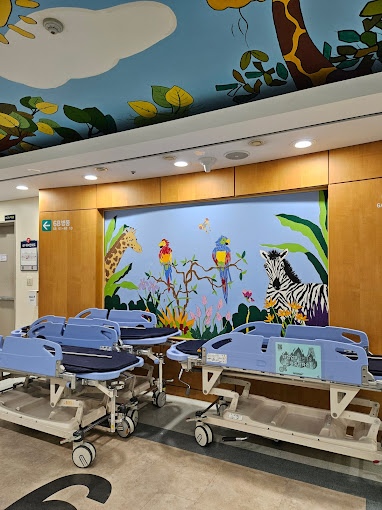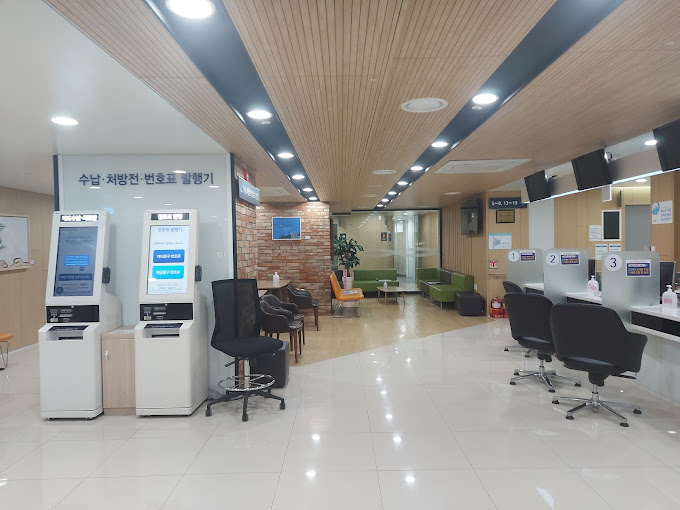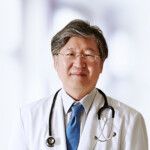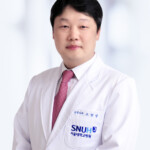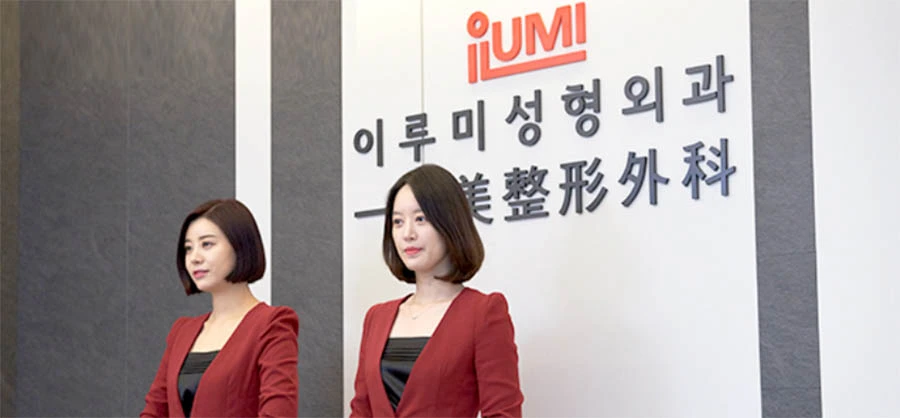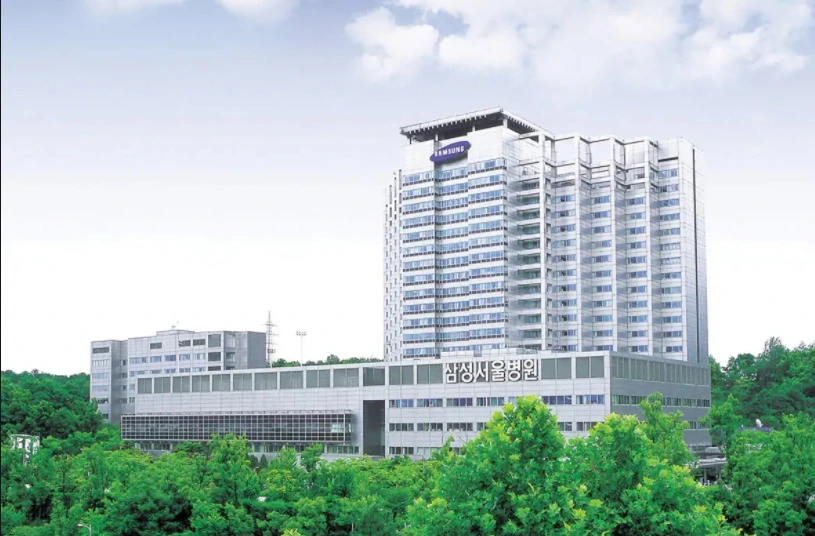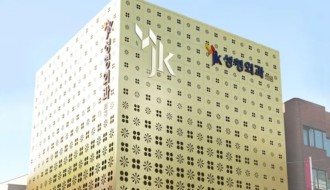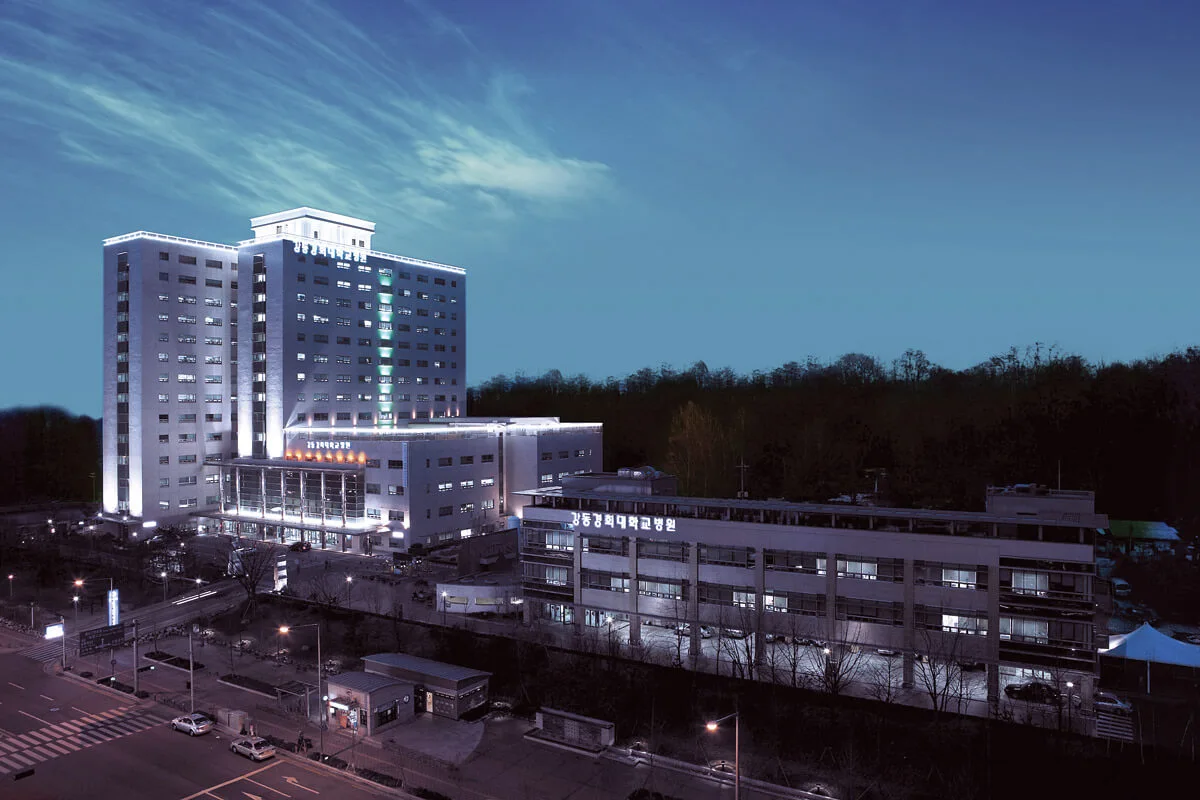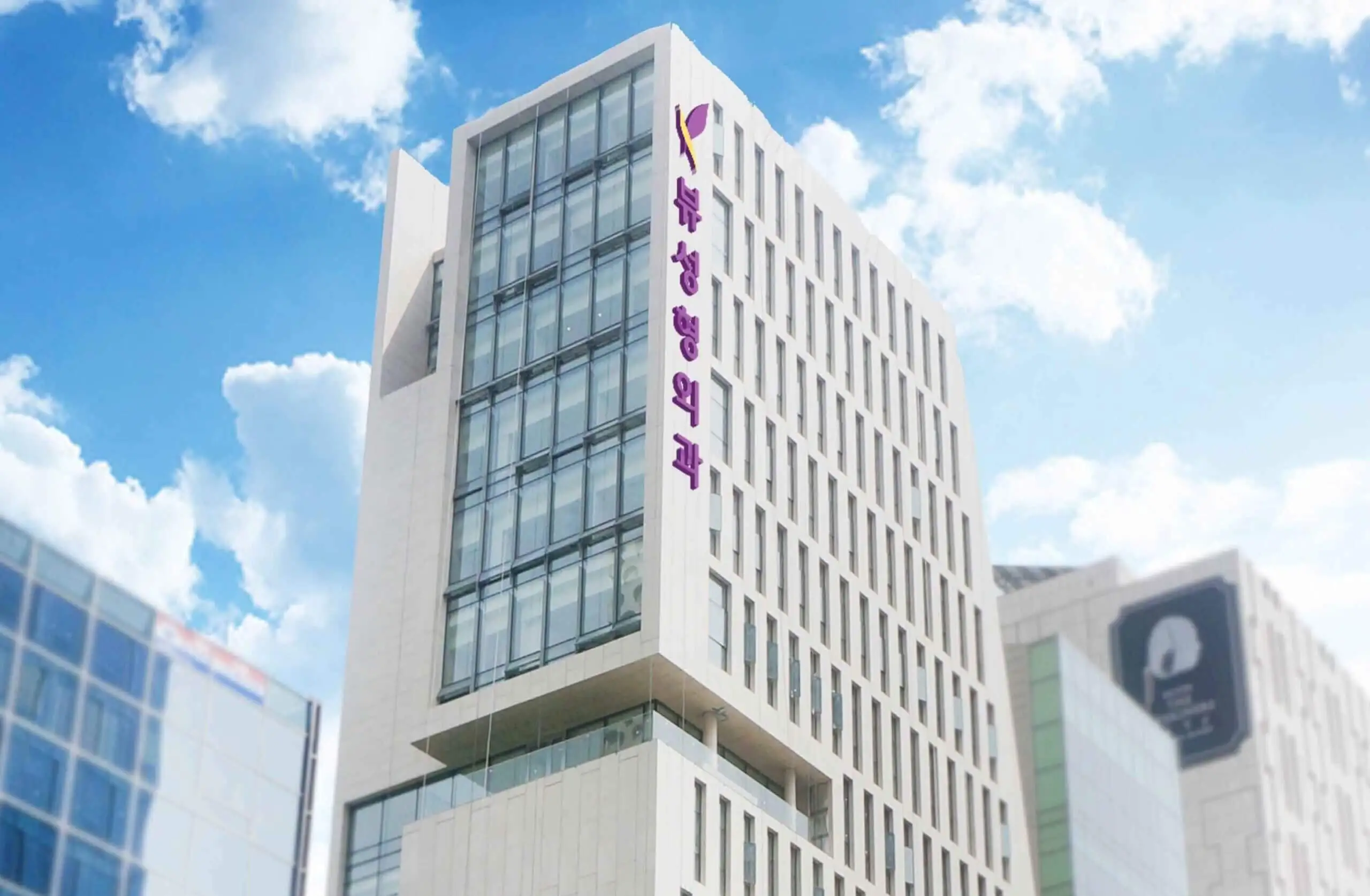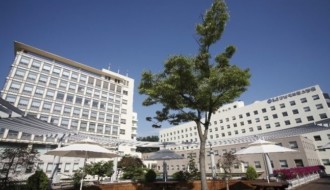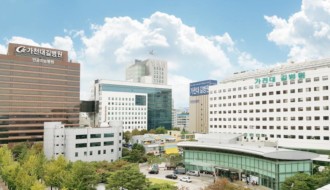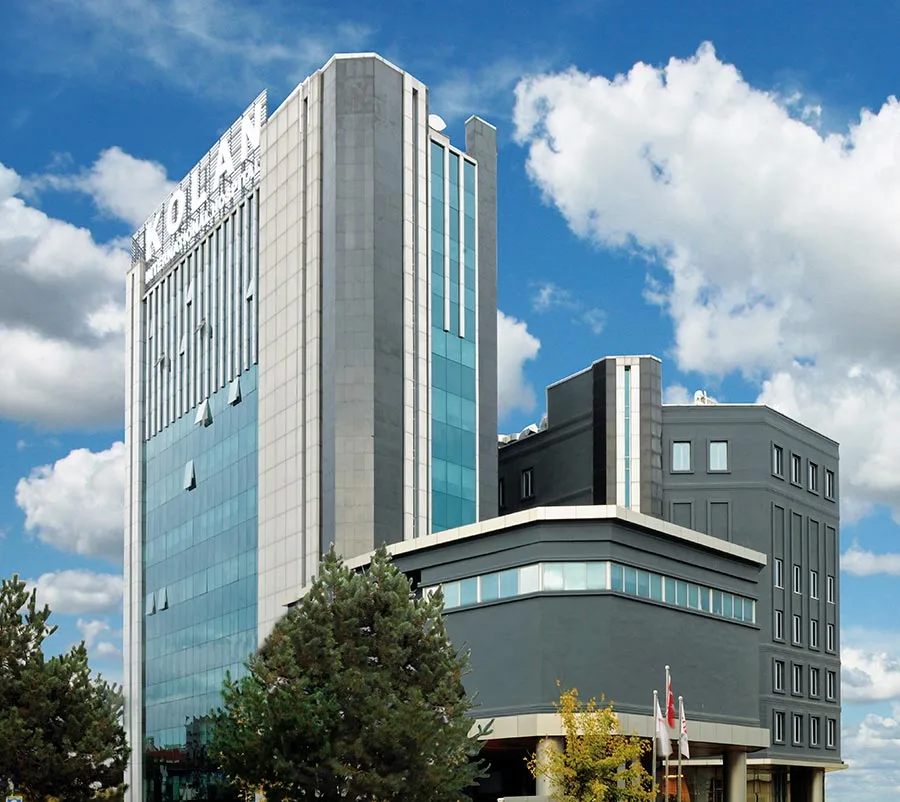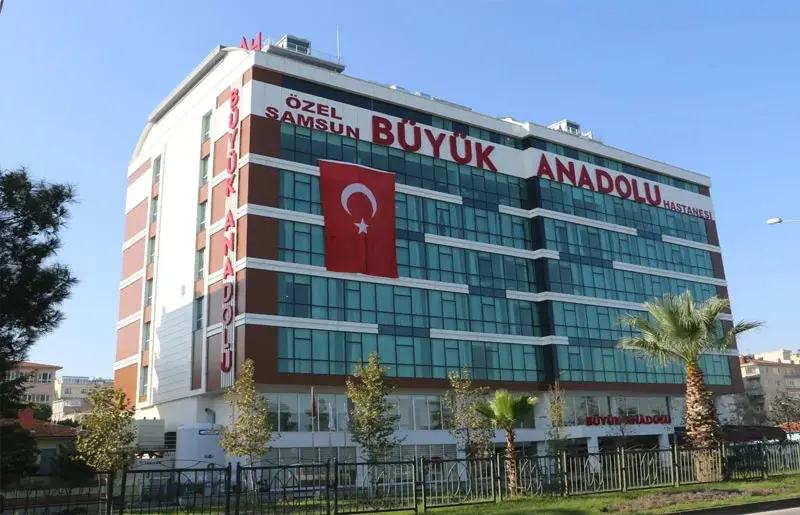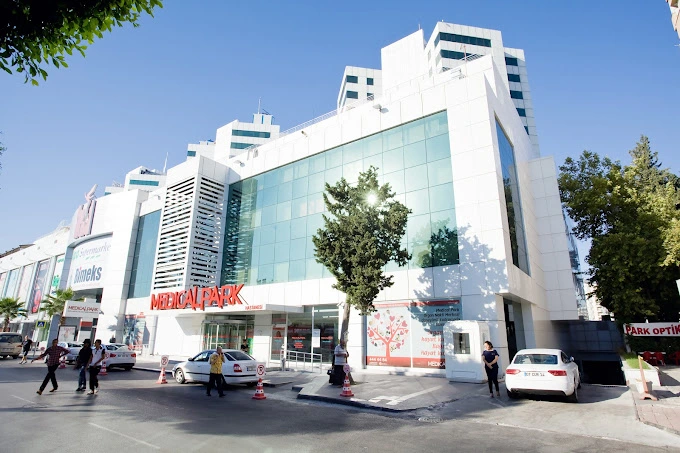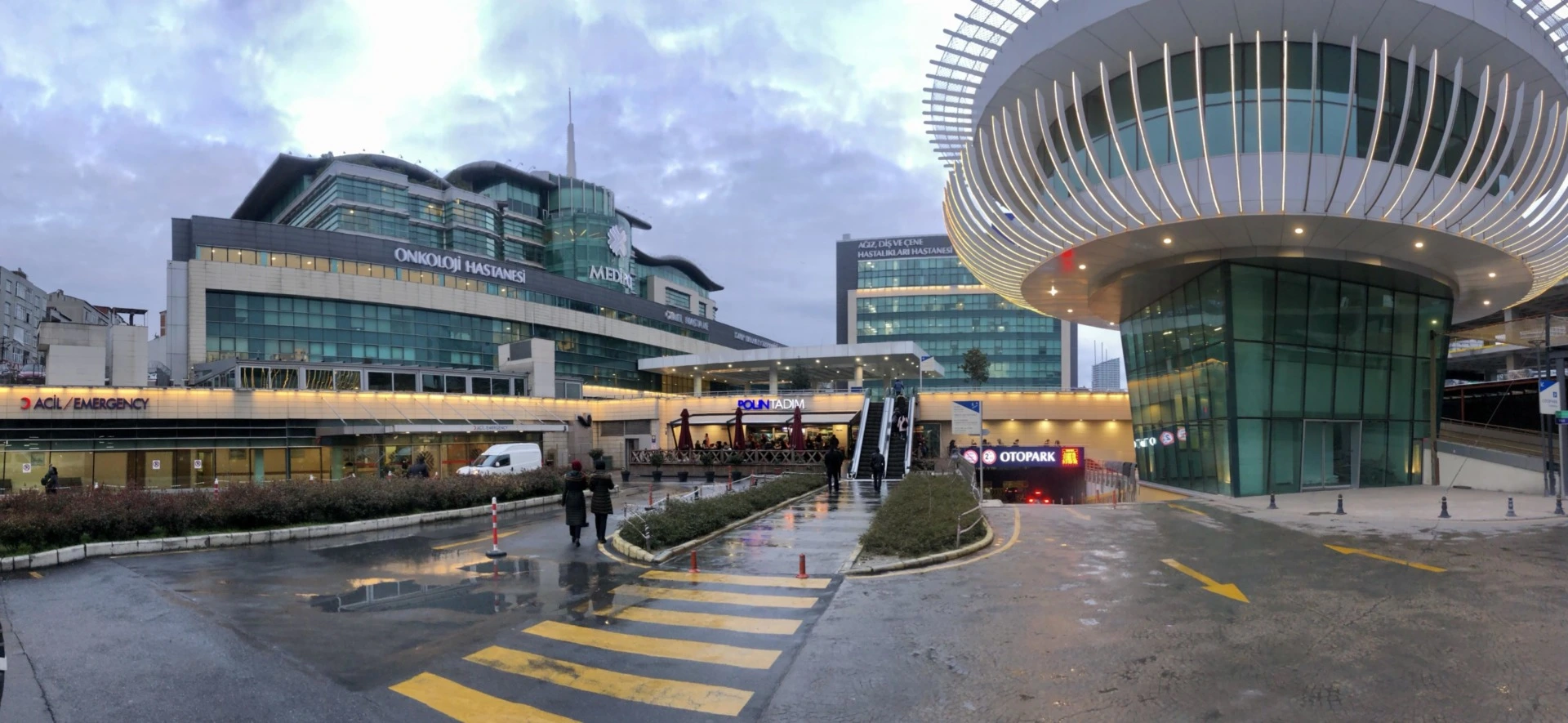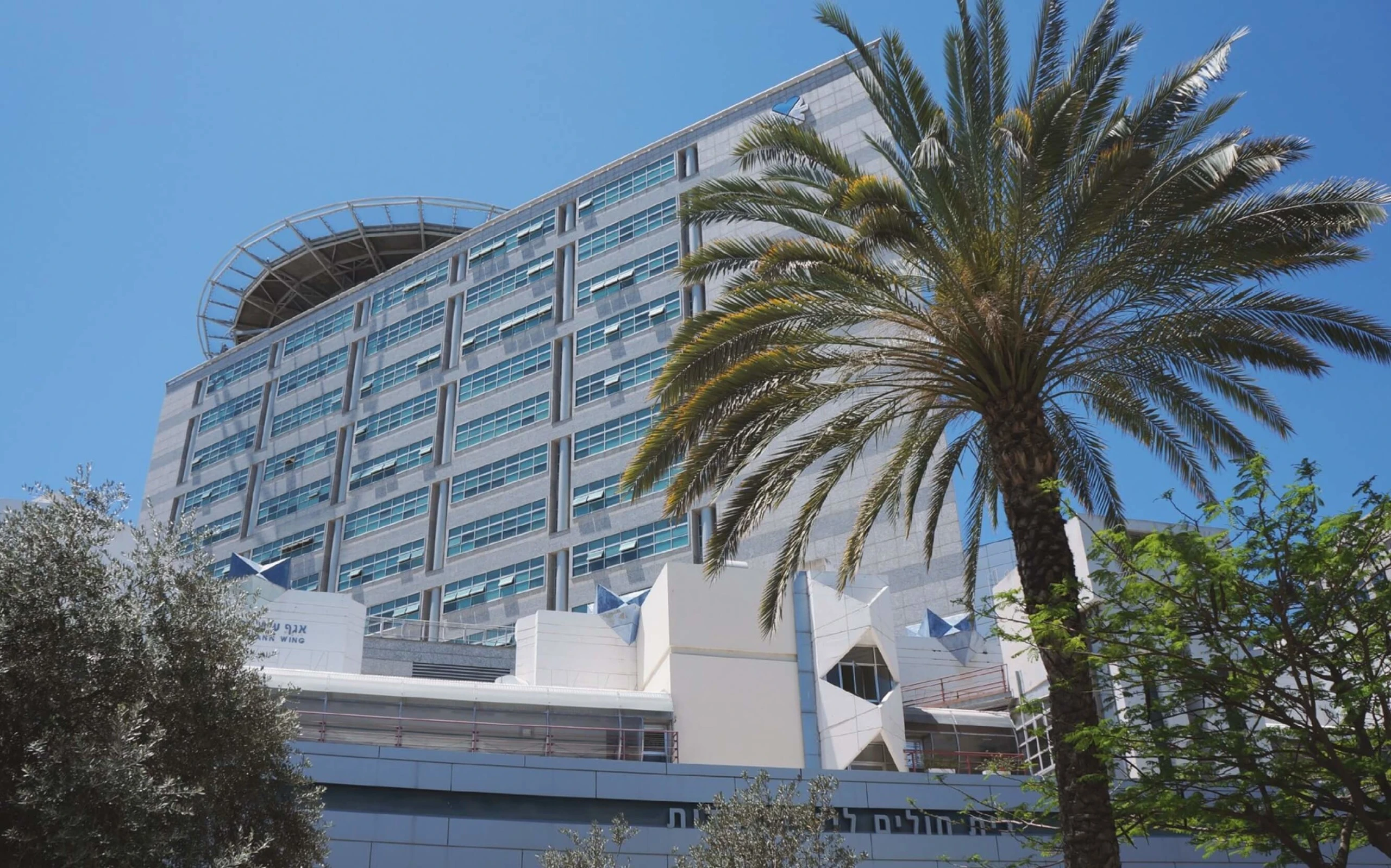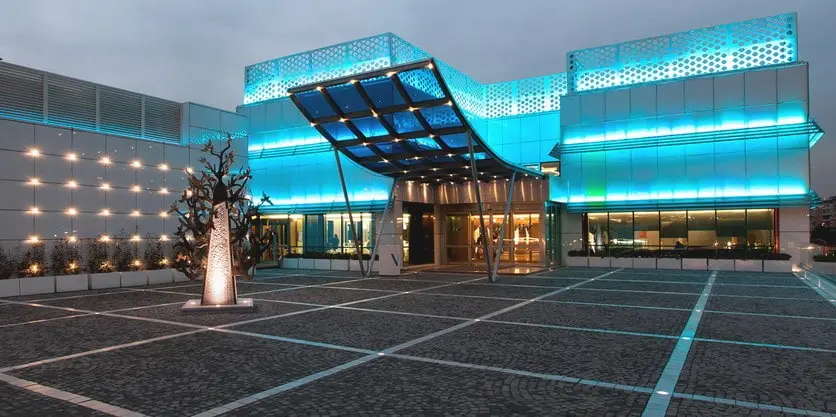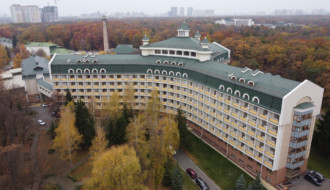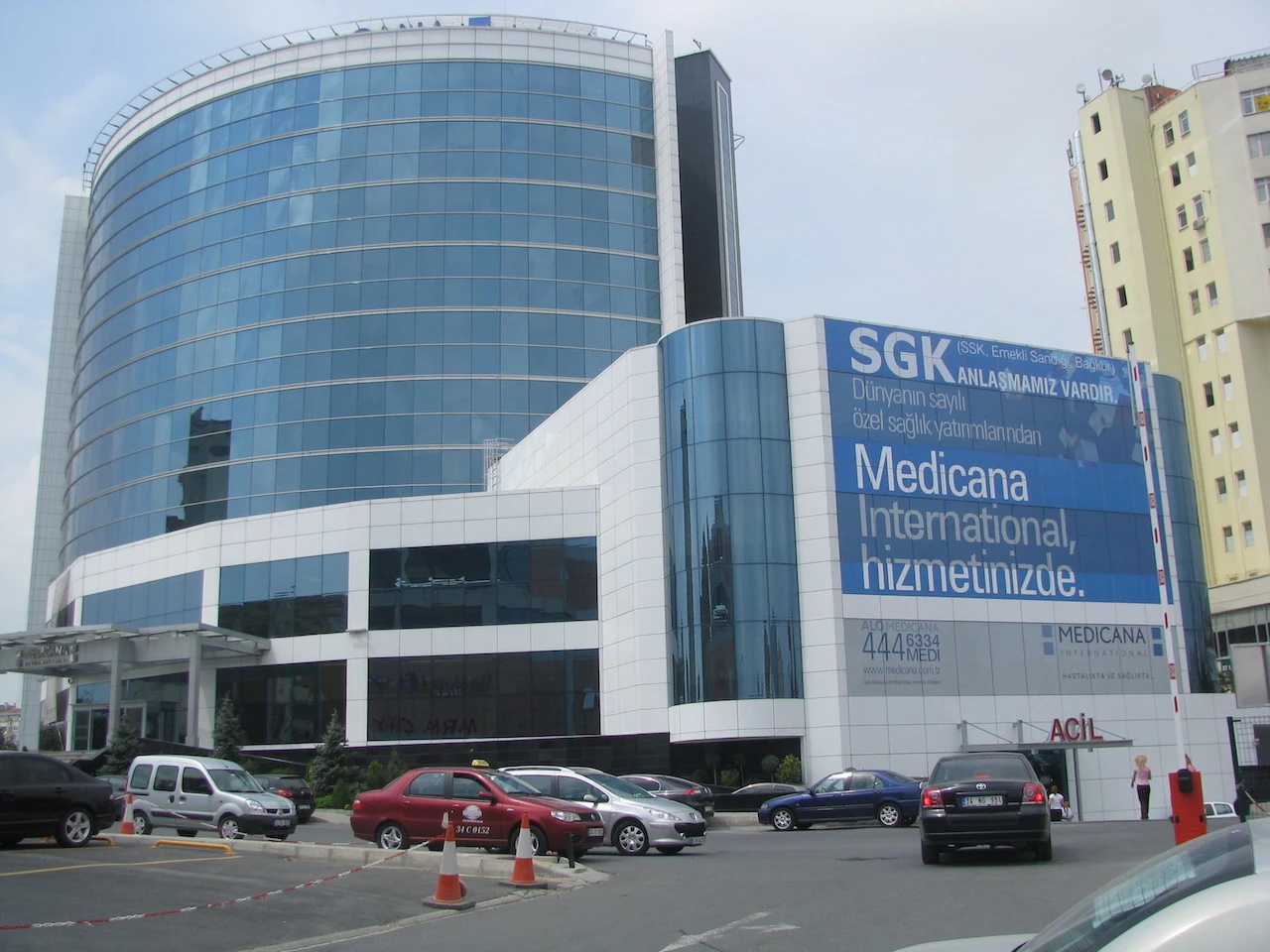Main Specializations of Seoul National University Hospital
Seoul National University Hospital is one of the oldest medical centers in South Korea, which has earned international recognition for its achievements in medicine. It has been recognized as the best multidisciplinary hospital in the country 19 times and holds ISQUA accreditation. The hospital serves high-profile individuals, including government ministers and the president of South Korea.
The clinic is a world leader in such areas as oncology, pediatric hemato-oncology, mammology, transplantology, neurosurgery and cardiac surgery. Each department is equipped with state-of-the-art diagnostic equipment, ranging from ultrasound, MRI, CT and PET-CT to unique systems for studying brain activity, such as magnetoencephalography (MEG), which allows for the most accurate detection of the smallest pathological changes.
The Surgical Department of Seoul National University Hospital is fully equipped to perform surgeries of any complexity, including using the DaVinci robotic system. The hospital also has the largest pediatric clinic in South Korea, where special attention is to the diagnosis and treatment of 11 types of childhood diseases in 16 departments, as well as ensuring the psychological comfort of young patients. Bright walls, cheerful pictures, toys and comfortable furniture create an atmosphere that promotes recovery.
The Oncology Center at Seoul Hospital, supported by the National University, actively conducts research in oncology and develops effective cancer treatment methods. For international patients, the clinic offers translation services, full support throughout treatment, transfers, and assistance with accommodation.
Would you like to receive a free consultation?
